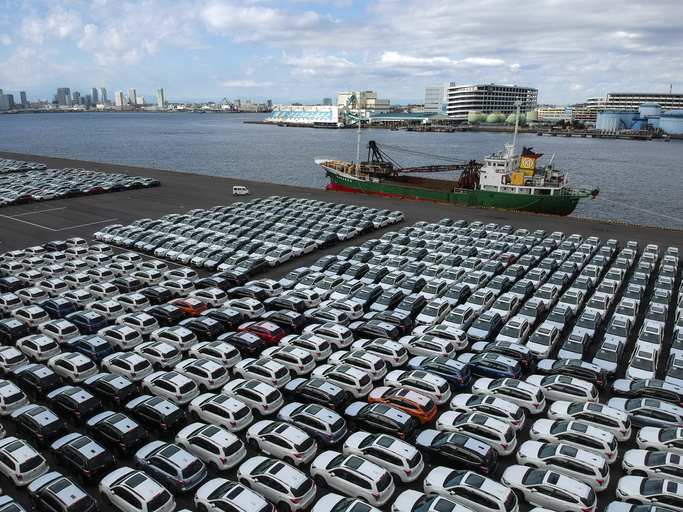As a result of growing trade tensions between China and the United States, major players in the automobile industry have started to react and alter their importing and exporting plans.
Volvo has operations in both the United States and China, producing the S60 sedan in its American plant and XC60 SUV and S90 sedan in its Chinese plant. Those S60 sedans were set to ship to China, but Volvo has since scrapped these plans and will focus on American and European markets. Meanwhile, exports to the U.S. from its Chinese plant will be reduced on the S90 and entirely stopped on the XC60, with European markets taking the place of the U.S. The Swedish automaker has yet to pass on the brunt of those tariff costs to consumers, but company executives and analysts agree that pricing changes are a long term inevitability.
BMW, having seen some of the worst financial impact from the trade tariffs, has a more positive outlook than Volvo. BMW CFO Nicolas Peter believes escalating tensions are temporary, and expects state officials to come to the realization that these tariffs aren’t in the best interest of everyday citizens. BMW plans to invest hundreds of millions of dollars in their South Carolina facility and continue to ship SUVs to China, despite the large tariff. There are some early stage plans to increase production in China for local markets, however.
Japanese automakers have been dealing with rising operating costs, predominantly tied to tariffs on materials. Automakers with a North American presence are modifying their sourcing strategy to purchase more components made within the NAFTA nations, while plans are in place to source components for electric vehicles within China, a quickly growing EV market. The majority of Japanese companies project profit declines or stagnation in 2019, but Mitsubishi trusts in their strong Southeast Asian presence to weather the storm.
December’s G20 summit will bring together American and Chinese leadership, with many industry leaders hoping for relief from the growing tension. Nevertheless, automakers are beginning to make longer term strategy adjustments to limit profit loss now and in the future. Let us know what you think of the changes to the auto industry in the comments below.
